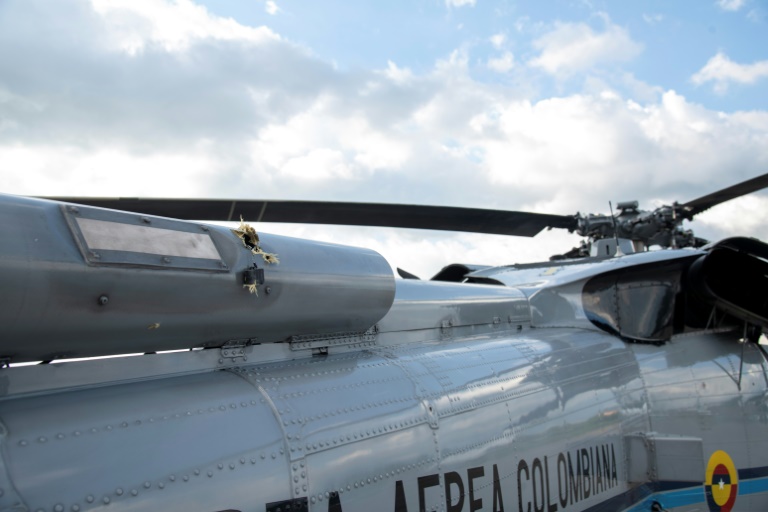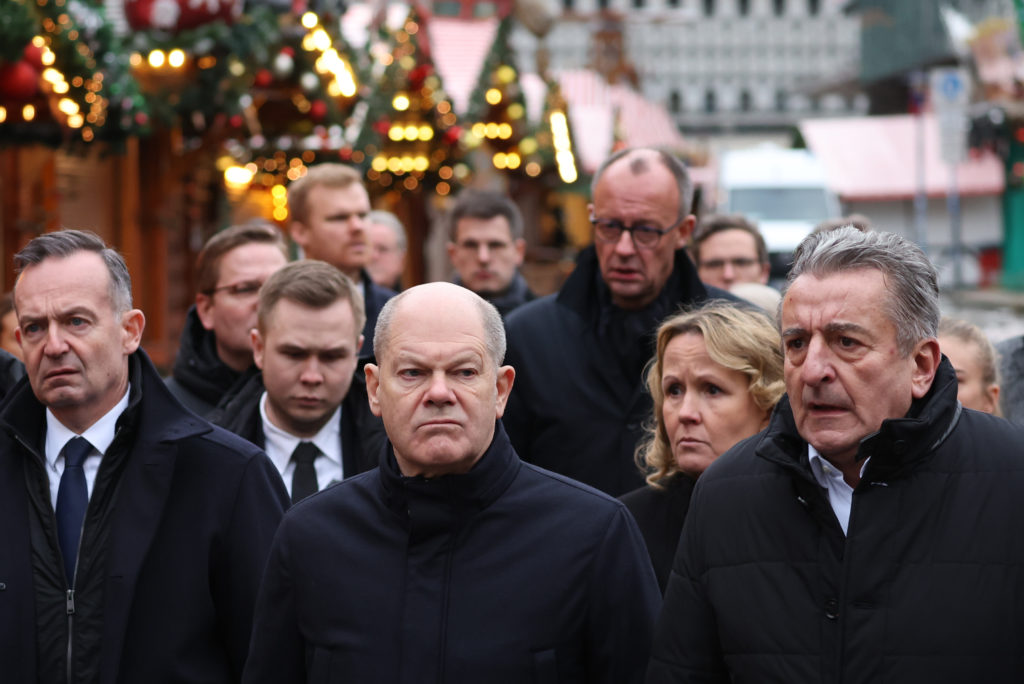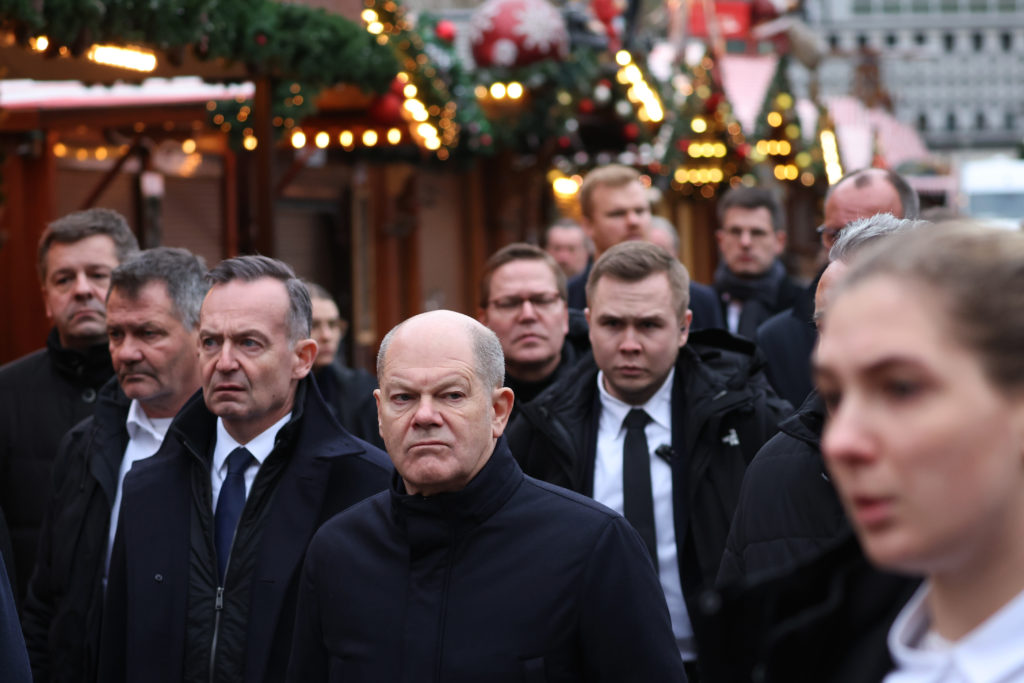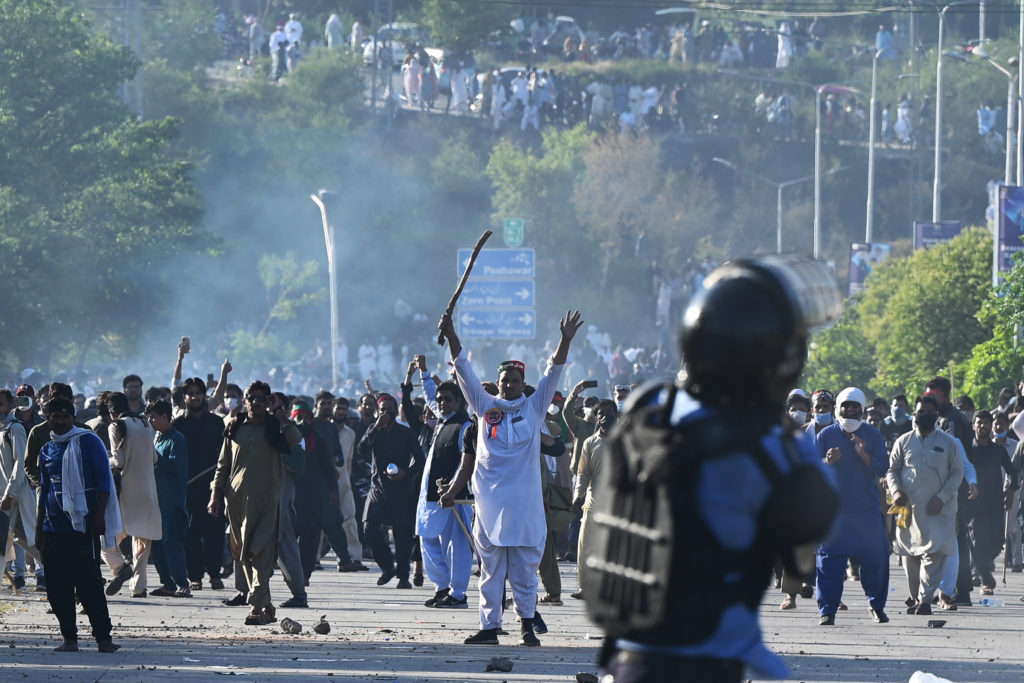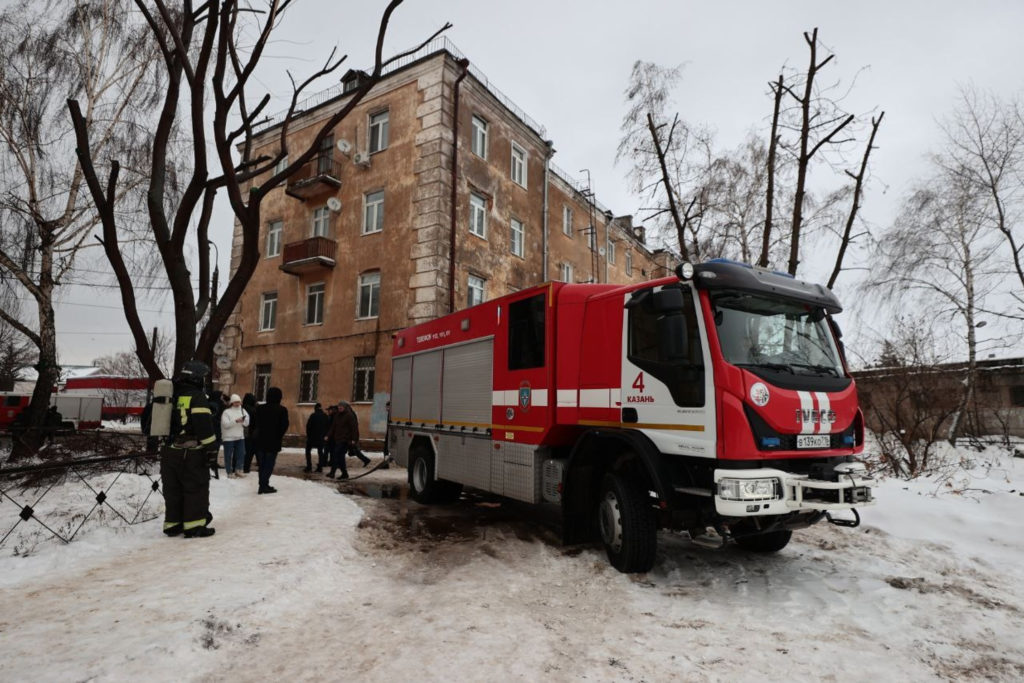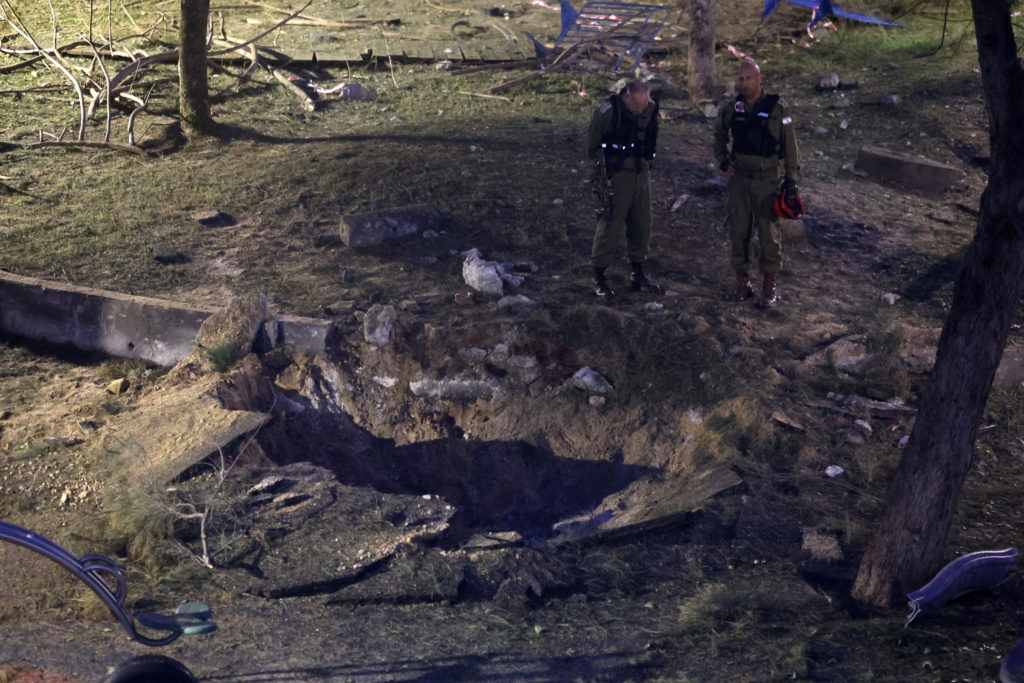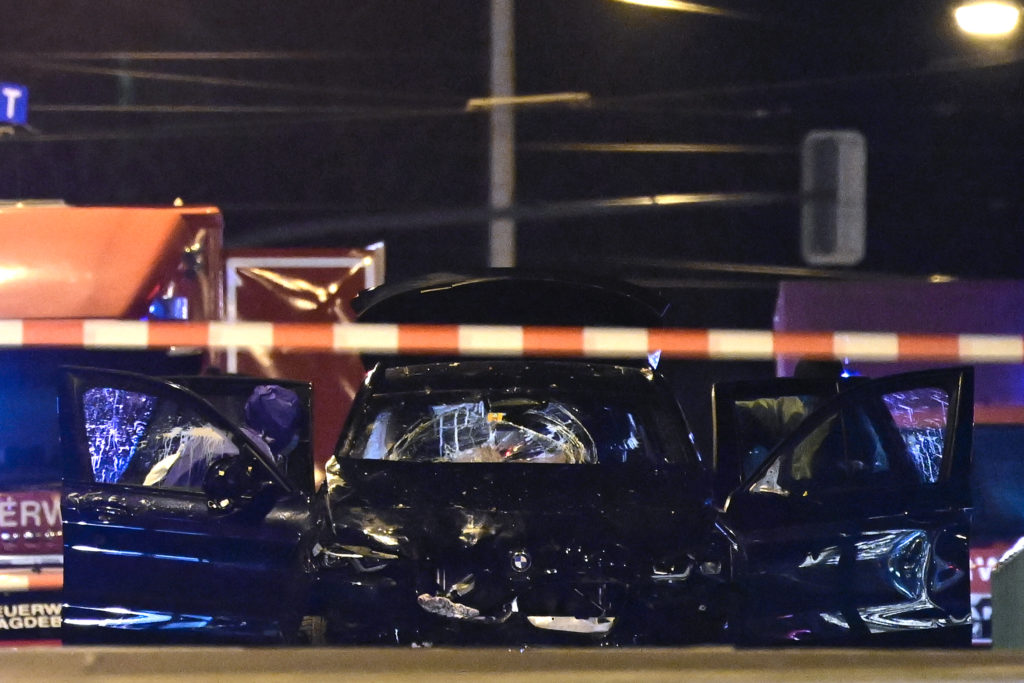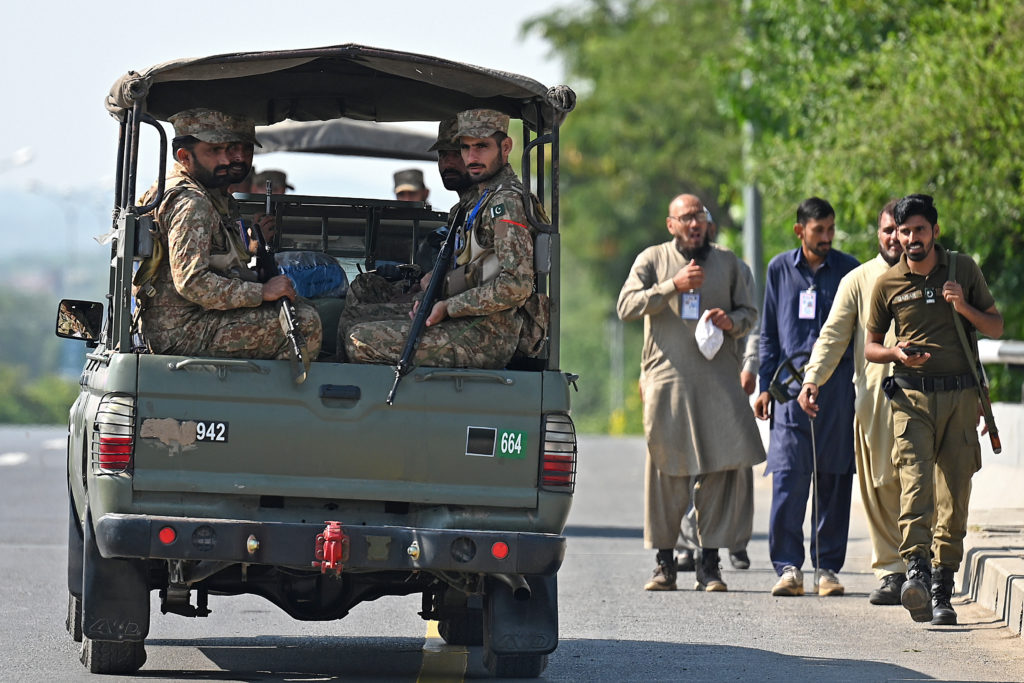The Colombian government claimed Thursday that a recent attack on President Ivan Duque’s helicopter was planned from neighboring Venezuela by dissident FARC guerillas and a former Colombian army officer.
Three of the alleged perpetrators have been arrested, defense minister Diego Molano told reporters, adding: “It is clear that this attack against the president… was planned from Venezuela.”
Duque’s helicopter was approaching Cucuta airport on a flight from Sardinata on June 25 when several shots — apparently from rifles — were fired at it.
Duque was flying with Molano, Interior Minister Daniel Palacios and other officials.
No one on board was injured, but photos released by the president’s office showed the helicopter’s tail and main blade had been hit.
One of those held over the attack is Andres Fernando Medina, a retired Colombian army captain “who designed and executed the plan,” Attorney General Francisco Barbosa said Thursday.
Investigators said they had found two Venezuelan army AK47 assault rifles not far from the scene of the attack.
Ten days earlier, in the same region, an attack on a military base injured 44.
“Behind these two acts are the 33rd Front of the FARC dissidents,” said Barbosa.
Apart from Medina and his alleged accomplices in the Duque shooting, Colombian authorities have also arrested seven people for their alleged involvement in the military base attack.
All the arrests took place in the border area with Venezuela, where dissident guerillas who distanced themselves from the FARC’s 2016 peace deal with the government are engaged in battles over disputed drug trafficking routes with paramilitary groups and the ELN, Colombia’s last active guerilla group.
Duque has on numerous occasions accused Venezuelan President Nicolas Maduro of harboring FARC dissidents and ELN fighters in his country.
On Thursday, Molano charged that “the Maduro regime continues to shelter terrorists, from where attacks against Colombian institutions are planned.”
The two neighbors have not had diplomatic ties since 2019, when Colombia joined other countries in rejecting Maduro’s disputed reelection.
They share a border of some 2,200 kilometers (1,370 miles).
Colombia, the world’s major cocaine producer, is experiencing its worst resurgence of violence since the 2016 peace pact.

